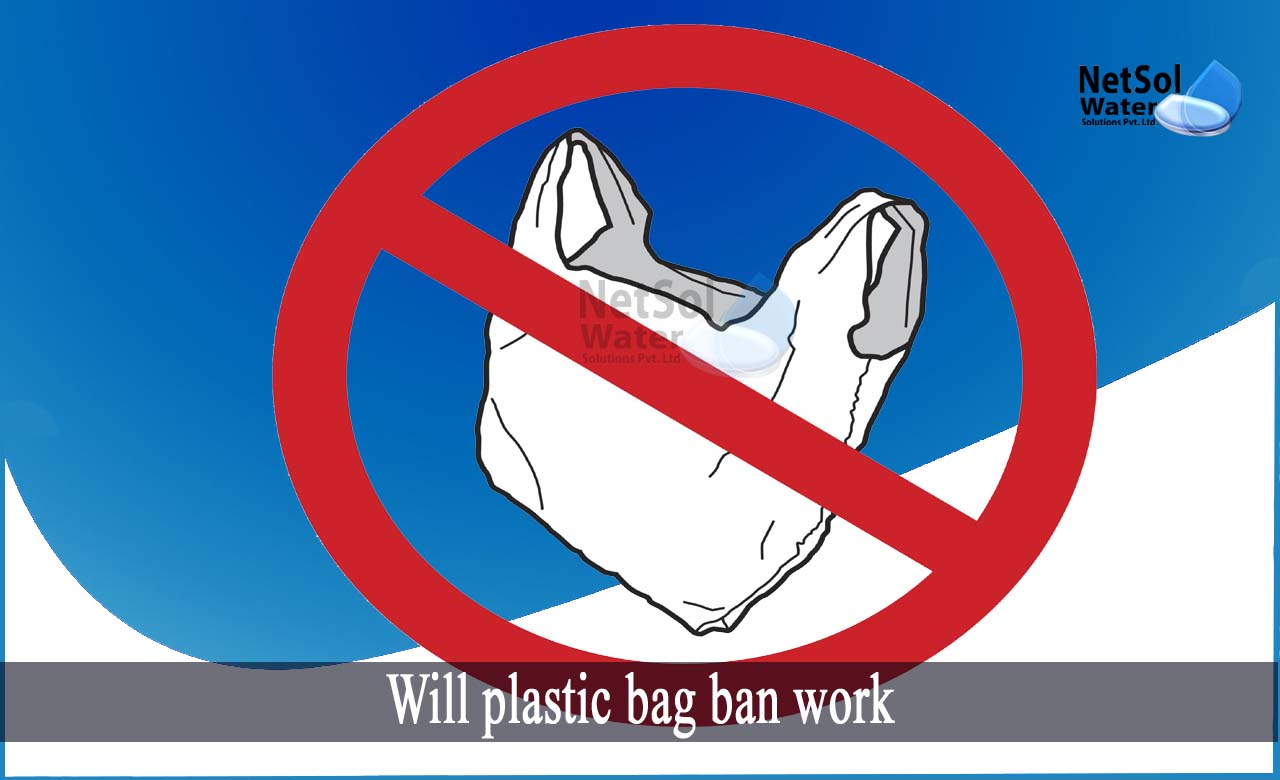Most sustainability platforms and organizations believe that decreasing plastic waste, is the greatest and most effective strategy to prevent plastic pollution, and the different consequences that it causes.
However, as a customer, it is difficult to modify your habits if you do not believe, you have a major impact on the final outcome. Based on this, legislators, governments, and even private firms have enacted plastic restrictions for specific products; however, the key question is whether plastic bans will ever succeed!
Plastic bag ban
If persuading individuals to change their habits appears unachievable, the next best option is to reduce plastics at the source. The two most prevalent methods have been taxes and bans, with the former being more popular than the latter.
Historically, plastic taxes have been a more viable option than outright bans. With plastics tariffs, producers and merchants can continue to supply plastics to their clients, such as plastic bags; however, it is a less drastic shift for both the producer and the consumer.
Plastic levies, according to cities and business owners, are less 'disruptive' than bans, since they still stimulate the reduction of plastics without totally eliminating them.
Will plastic bag ban work?
The lack of viable alternatives lies at the heart of both plastic fees and plastic bans. In the absence of effective alternatives to cheap plastic packaging, businesses such as the formal and informal retail sectors might face massive losses in the event of a sudden ban.
A more pernicious issue is that the present alternatives to single-use plastics, may have even more negative consequences. Plastic bags cluttering the ocean aren't the only type of environmental impact to consider, even if they are the most visible.
Ban of single-use plastic
Single-use plastic is a type of throwaway plastic found in items such as water bottles, straws, and cups that can only be used once, before being discarded. Because, of their low cost, businesses choose to produce single-use plastics.
Consumers have recently expressed concern about plastic reuse because to Covid-19-related safety measures, however beginning of July 1st, 2022, India has prohibited the manufacturing, import, stocking, distribution, sale, and use of designated single-use plastic items, with low utility and high littering potential.
Some options are better than others!
Reusable bags, paper bags, and compostable or recyclable bags are all viable alternatives, to plastic bags. While all of these methods are beneficial in that they keep plastic bags out of the waste stream, some are unquestionably better choices than others when all environmental factors are considered.
Reusable tote bags are an excellent choice for shoppers. Many are simple to wash and clean.
Conclusion
There is absolutely no getting around the need to invent, develop, and redesign viable alternatives, to single-use plastics. Both national bans and taxes have their own set of issues; nonetheless, plastic bags ban and taxes have been shown to function in changing behaviour and spurring innovation.
You can also help to tackle the plastic waste epidemic. Reduce your own plastic consumption and reduce your environmental effect, by becoming Plastic Neutral with us today. Small steps lead to significant changes! Take yours now.
How can we assist?
To protect our environment, we offer a variety of modern solutions such as solid waste management, water treatment, wastewater treatment, sewage treatment, and much more. We also advise our clients on ways to reduce plastics and their methods to recycle it.
Call +91 9650608473 or send an email to enquiry@netsolwater.com for more information on solid waste, its management and treatment options.



